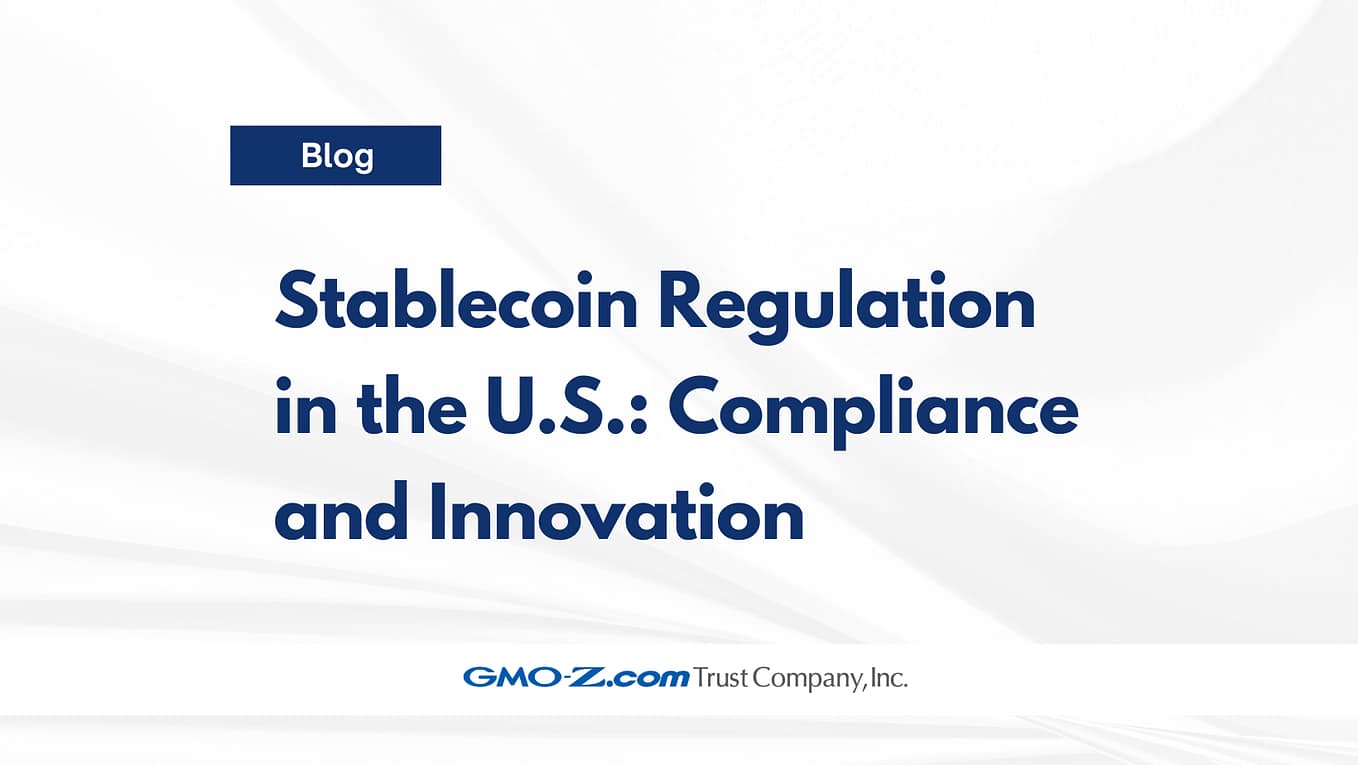Growing Interest in Stablecoins but Regulatory Clarity Needed
As the financial landscape continues to evolve, companies are showing a strong interest in exploring the benefits of stablecoins. These digital tokens, which are typically backed by fiat currencies or other reserve assets, are gaining traction as the world moves toward more instantaneous payments, clearing, and settlements. However, despite this enthusiasm, there is a clear demand for greater clarity on regulations and practical use cases.
According to Shahmir Khaliq, the head of services at Citigroup based in New York, companies are eager to understand how stablecoins can be integrated into their operations. He emphasized that while there is curiosity about the underlying blockchain technology, there is a pressing need for clear accounting rules that address the impact of stablecoins on balance sheets and liquidity.
“Stablecoins are a global phenomenon,” Khaliq noted, referencing Hong Kong’s recently passed stablecoin ordinance, which came into effect in August. The regulation is seen as a positive step towards providing guidance for financial institutions navigating the stablecoin landscape.
Khaliq also highlighted the importance of regulatory clarity, stating that it’s still very early days in the development of stablecoin-related services. “There needs to be more regulatory clarity,” he said. This sentiment reflects the broader industry sentiment where many stakeholders believe that without clear guidelines, the full potential of stablecoins may not be realized.
One of the primary applications of stablecoins is as a mechanism for investors to hold and hedge crypto assets. However, many use cases are still under development, and more are expected to emerge as regulatory frameworks become more defined. This could lead to increased interest from both consumers and businesses, who will have multiple payment options to choose from.
Citigroup is actively exploring ways to assist its clients in managing reserves, as stablecoins require backing through reserves. The bank is also looking into facilitating conversions between fiat currencies and stablecoins, often referred to as on- and off-ramp services.
“For a financial ecosystem to function effectively, there needs to be the ability to connect to fiat currencies globally,” Khaliq explained. “Banks provide that crucial linkage, and this will continue to be an essential part of the digital-asset proposition.”
Traditional financial institutions like Citigroup are responding to the growing demand from institutional and corporate clients for real-time, around-the-clock payments and settlements across borders and currencies. This shift is aimed at enhancing liquidity and cash flow management.
In 2023, Citigroup introduced token services, which are now live in four markets: the US, the UK, Singapore, and, as of April, Hong Kong. These services leverage distributed ledger technology and smart contracts to support seamless and instant movement of liquidity between clients’ accounts worldwide.
The adoption of these services has grown significantly, with the bank processing “billions of dollars” in transaction value since the launch. In Hong Kong, major use cases of the bank’s token services emerged after the move to a shorter settlement cycle in the US last year increased the need for rapid collateral posting and cash movement.
“Whenever a bank, broker-dealer, or corporate entity operates in Hong Kong, the time zone is a significant consideration,” Khaliq said. “[Citi Token Services] allows market participants to move money instantaneously between various time zones and continue making payments, thereby maximizing the use of liquidity within their books.”
The movement towards using blockchain technology for instantaneous settlement and real-time confirmation is seen as a natural progression towards a 24/7, always-on world. Khaliq expressed excitement about this trend, stating, “It’s not a surprise, and we’re excited about where the world is heading.”

